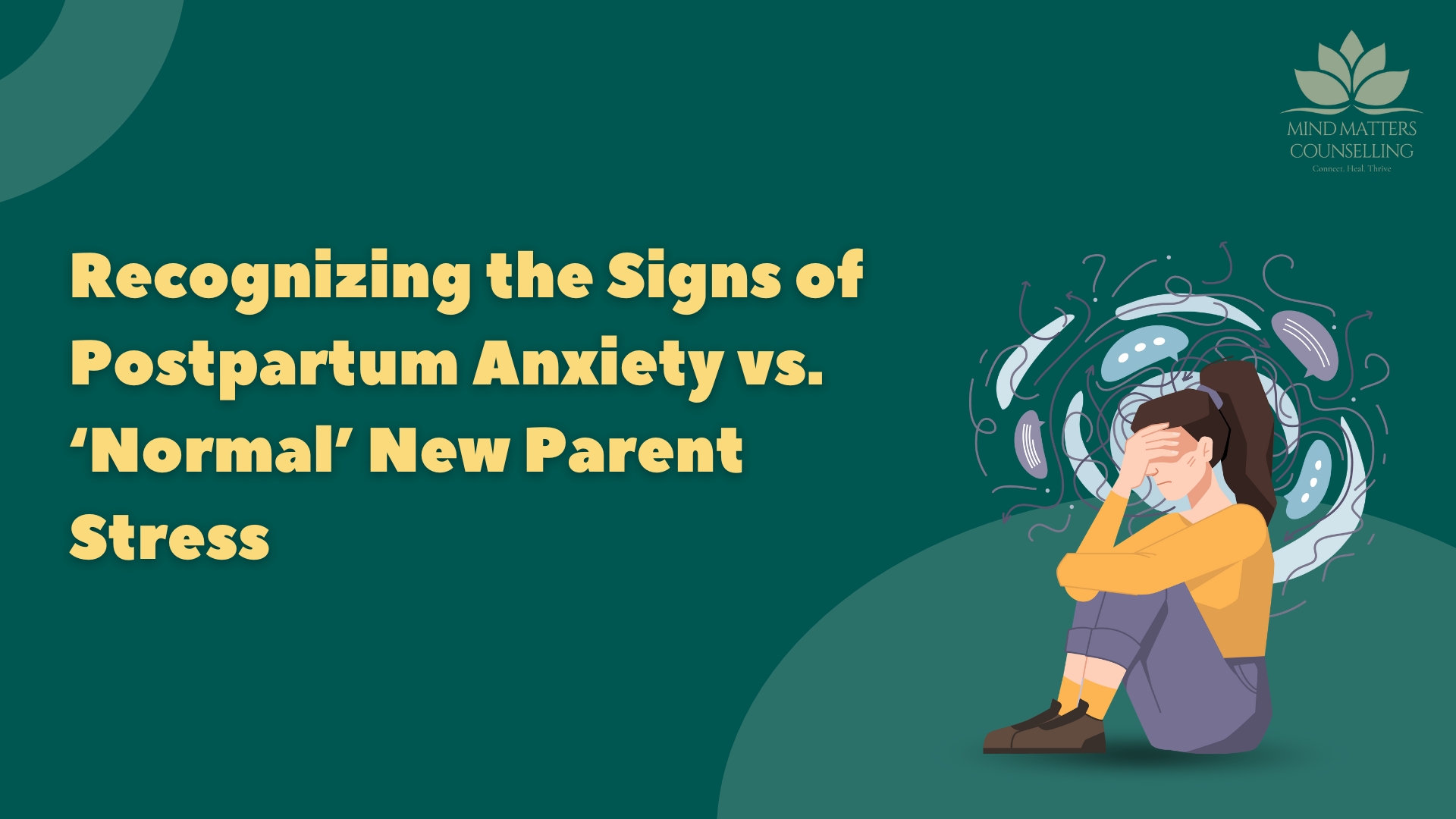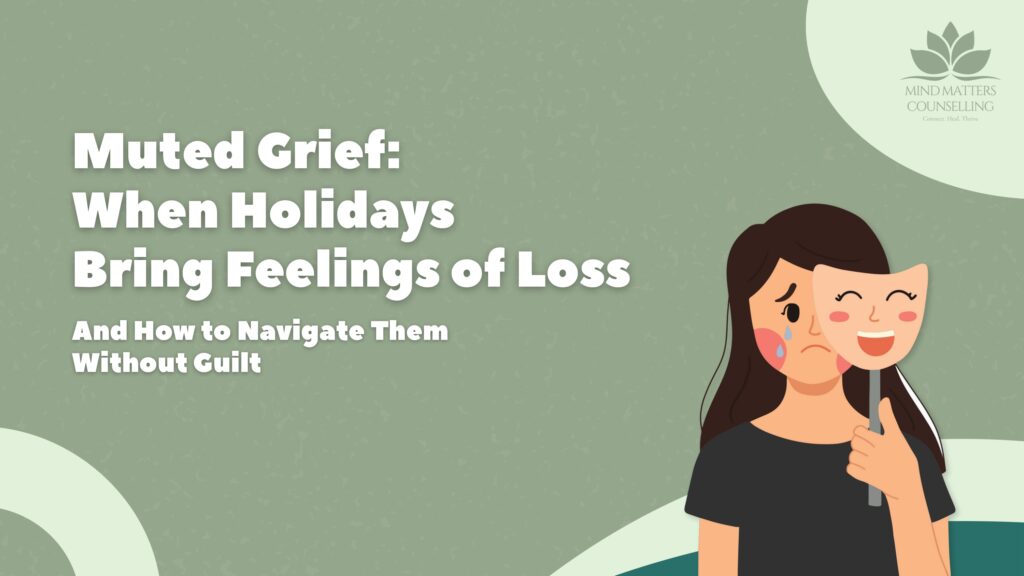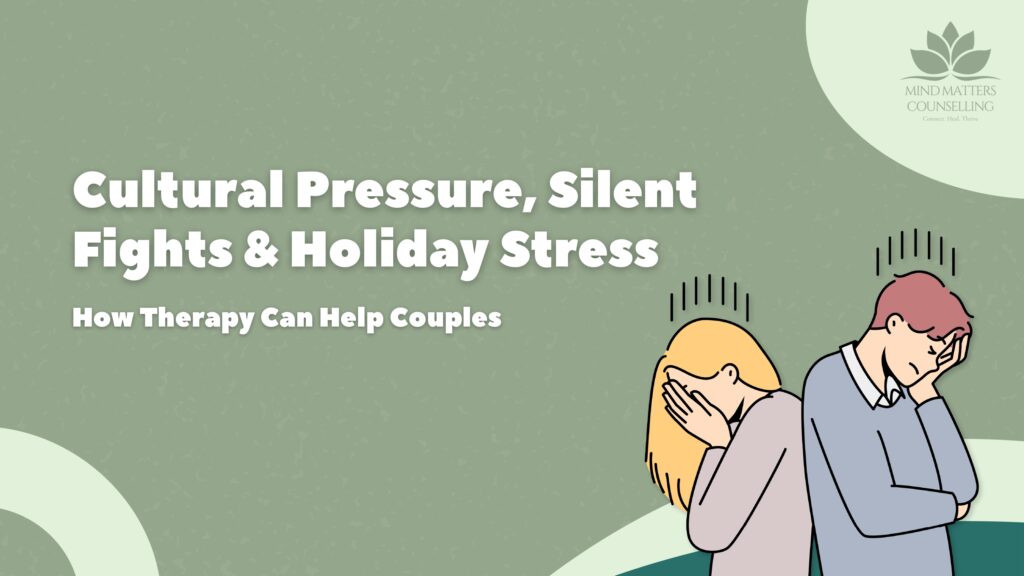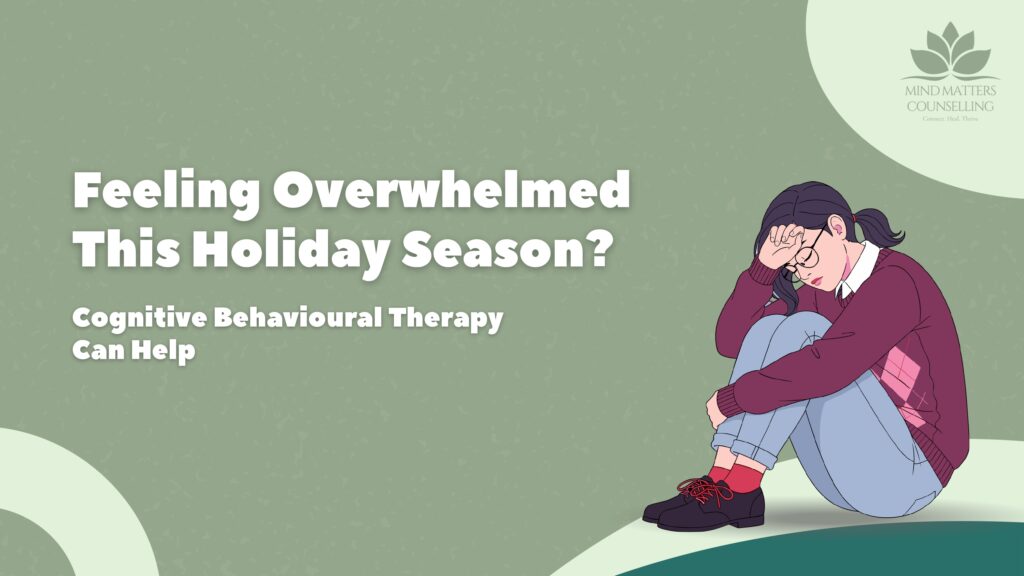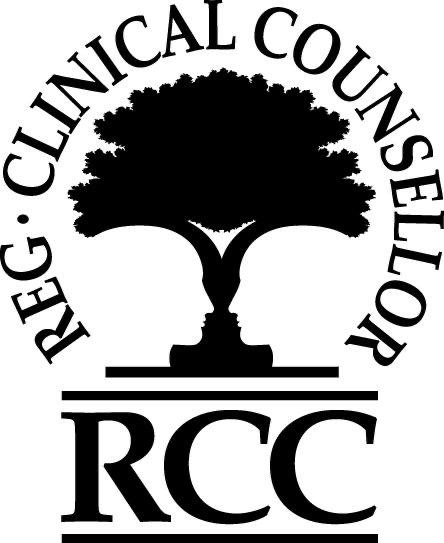Becoming a new parent comes with countless emotions—love, joy, exhaustion, and yes, stress. Sleepless nights and endless diaper changes can leave anyone feeling on edge. But for some parents, those worries don’t fade with rest or reassurance. Instead, they spiral into racing thoughts, constant “what ifs,” and an underlying sense of panic.
This is where it becomes important to distinguish between normal new parent stress and postpartum anxiety symptoms.
What is “normal” new parent stress?
Almost every parent experiences moments of doubt or worry. Examples include:
- Wondering if your baby is eating enough.
- Feeling nervous before the first doctor’s appointment.
- Being tired and snappy after multiple sleepless nights.
- Checking the baby monitor more than once before bed.
These are part of the adjustment period and usually ease as parents build confidence and routines.
What makes postpartum anxiety different?
Postpartum anxiety goes beyond typical stress. It can feel consuming, persistent, and often shows up in both mind and body.
Common postpartum anxiety symptoms include:
- Racing thoughts that won’t shut off, especially at night.
- Excessive worry about your baby’s health or safety, even when reassured.
- Physical symptoms like a racing heart, shortness of breath, or stomach tension.
- Difficulty sleeping even when the baby is asleep.
- Feeling restless, irritable, or constantly “on edge.”
- Struggling to enjoy moments with your baby because of intrusive worries.
The difference lies in intensity and duration—when worry starts to control you, instead of being a passing thought, it may be postpartum anxiety.
Postpartum anxiety vs. postpartum depression
Many people are familiar with postpartum depression, but anxiety is just as common—sometimes even more so. The key difference is that while depression often brings sadness, hopelessness, or withdrawal, new parent anxiety vs depression tends to show up as fear, tension, and constant alertness.
Some parents may even experience both at the same time.
How therapy helps new parents
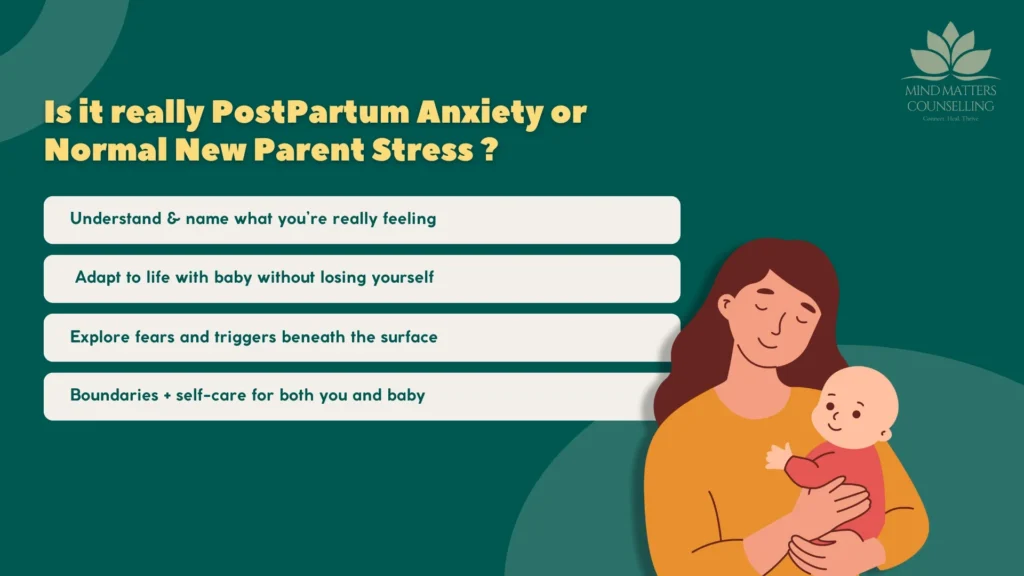
If your worries don’t ease or are interfering with daily life, it may be time to seek support. At Mind Matters Counselling, we offer therapy for postpartum anxiety that is compassionate, research-informed, and culturally sensitive.
In counselling, we help you:
- Understand and name what you’re experiencing.
- Learn calming strategies for racing thoughts and physical symptoms.
- Explore underlying fears and pressures that may be amplifying your anxiety.
- Reconnect with yourself and your baby without constant fear.
You’re not alone
If what you’re experiencing feels heavier than “normal stress,” please know it’s not your fault—and you don’t have to go through it alone.
Read more in our pillar blog on postpartum mental health.
Or take the next step today: Book a session with Mind Matters Counselling to begin your journey toward healing.

